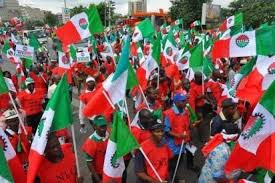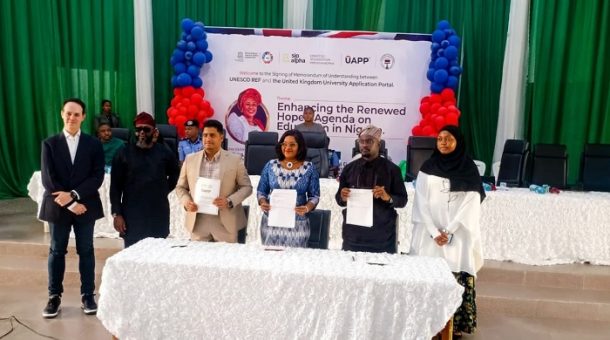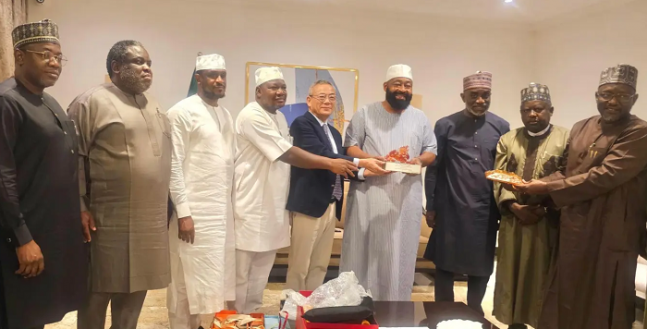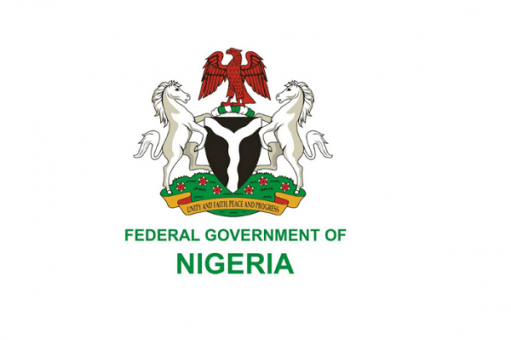
Labour and Government in Intense Minimum Wage Talks
The Nigerian Labour Congress (NLC) is considering a new minimum wage of N100,000 as the Tripartite Committee on National Minimum Wage begins intensive daily meetings to reach an agreement. Initially demanding N494,000, labour leaders have now revised their expectations amidst widespread criticism deeming their initial proposal as unrealistic.
Government’s Financial Concerns
The Minister of Information and National Orientation, Mohammed Idris, stated that the proposed wage would result in an annual expenditure of N9.5 trillion, a figure deemed unsustainable. Despite this, President Bola Tinubu has shown commitment to negotiating a new wage, directing Finance Minister Wale Edun to calculate the financial implications within 48 hours.
Labour’s Strategic Moves
Labour unions, after a meeting with the President and government officials, announced a five-day suspension of their nationwide strike. This move comes after President Tinubu agreed to consider a minimum wage higher than N60,000, with the tripartite committee set to meet daily until a consensus is reached. Joe Ajaero, NLC President, and other labour leaders have expressed their intent to settle for N100,000 as a realistic demand.
Ongoing Negotiations
According to a senior NLC official, the first meeting primarily focused on setting an agenda for the week-long negotiations. The Deputy Head of NLC Political Commission, Prof. Theophilus Ndubuaku, confirmed that the unions are on high alert, ready to resume the strike if an acceptable offer is not presented. The Trade Union Congress (TUC) President, Festus Osifo, emphasized that minor increments would not be accepted, insisting on a wage that reflects the current economic realities.
Political and Economic Reactions
Minority Leader of the House, Kingsley Chinda, called for a wage above N100,000, citing the dire conditions of Nigerian workers and the constitutional duty of the government to ensure their welfare. Similarly, other lawmakers have proposed various figures, with some suggesting a minimum wage of up to N150,000 to match inflation rates and maintain workers’ purchasing power.
Senate’s Intervention
The Senate, led by President Godswill Akpabio, expressed concern over the strike’s impact, particularly the disruption of the national power grid and essential services. Senator Orji Kalu proposed a compromise minimum wage of N90,000, while former Senate President Ahmad Lawan stressed the importance of stabilizing the naira to enhance the new wage’s effectiveness.
Expert Opinions
Former Deputy Governor of the Central Bank of Nigeria, Kingsley Moghalu, highlighted the need for increased productivity to support higher wages. He recommended a wage range of N75,000 to N100,000, emphasizing the importance of human capital development and improved electricity supply.
Next Steps
As negotiations continue, the labour unions have “relaxed” their strike, maintaining readiness to resume action if necessary. The Federal Government has pledged to work collaboratively with the private sector and sub-national entities to establish a sustainable and realistic minimum wage. The outcome of these negotiations is anticipated to significantly impact the economic landscape and the well-being of Nigerian workers.
For further updates on the minimum wage discussions and other economic developments, stay tuned to our news blog.





